On the morning of June 14, continuing the program of the 9th Session, the National Assembly voted to pass the Law amending and supplementing a number of articles of the Law on Technical Standards and Regulations, with 432/448 total National Assembly deputies participating in the vote in favor.
Previously, reporting on the reception and explanation of the draft law, Chairman of the National Assembly's Committee on Science , Technology and Environment Le Quang Huy said that after receiving and revising, the draft law had revised 31 articles, added 11 new articles, and abolished 23 articles.
The Law amending and supplementing a number of articles of the Law on Technical Standards and Regulations in 2025 is an important step in completing the legal framework, helping Vietnam improve national quality, meet the requirements of deep integration and promote innovation.
With a comprehensive and transparent approach, the Law creates a favorable legal corridor for businesses, while enhancing the effectiveness of state management in this key area.
Overcoming overlap, raising national standards
One of the fundamental changes of the Law is to systematize and clarify the concepts, scope, principles of application, as well as the method of promulgating technical standards and regulations.
Article 3 is amended and expanded, clearly defining 23 basic concepts such as "standards", "technical regulations", testing, inspection, conformity assessment, declaration of conformity and conformity assessment organization.
Notably, the Law clearly defines that standards are voluntary, while technical regulations are mandatory, and there is only one national technical regulation that applies uniformly to a product, unless otherwise specifically provided. This puts an end to the situation where each industry and each locality applies separate standards and regulations, causing conflicts, overlaps, and difficulties for businesses.
The Law also codifies the concept of “technical barriers to trade” for the first time, contributing to clarifying the limits and principles of developing and applying standards that do not become unreasonable barriers in the context of Vietnam's deep integration with FTAs.
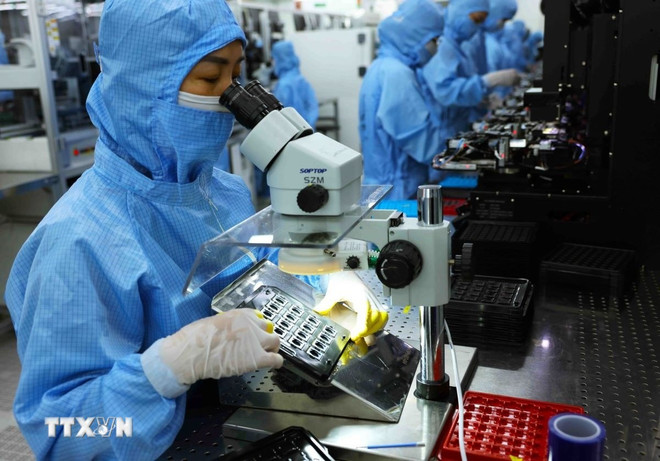
With the goal of building a modern and synchronous quality infrastructure, Law 2025 expands the policy framework and principles of state management in the field of standards and technical regulations. Article 6 clearly states: State guidance - dominant market - central enterprise - social participation, demonstrating a strong institutional reform mindset, focusing on promoting innovation and digital transformation.
Articles 7 and 7a establish a specific policy system to increase budget investment, support research, develop conformity assessment organizations, promote training of high-quality human resources, build a culture of standards in the community and honor the contributions of organizations and individuals. The Ministry of Science and Technology is assigned to be the focal point for unified management, development of the National Standards Strategy and coordination of international commitments on technical barriers.
Notably, the Law allows for the expansion of public-private partnerships in developing standard services, encouraging associations, businesses and overseas Vietnamese to participate in developing national standards.
First national standards strategy
A notable new point in the Law is the provision on the development of a National Standards Strategy in Article 8a. This is a long-term tool to provide overall direction, synchronize technical standards infrastructure, integrate from central to local levels, and link with sustainable development goals, digital transformation, and international integration. The Strategy emphasizes standards serving strategic technology, exporting high-tech products, and building standards in harmony with international standards, thereby contributing to improving national competitiveness.
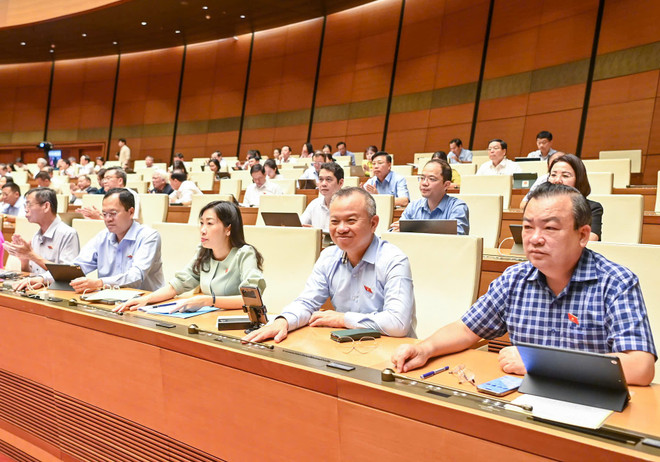
In the trend of comprehensive digital transformation, the Law supplements Article 8c to stipulate the National Database on Standards, Metrology and Quality - a unified, modern digital platform, connected to other data systems of the Government. This will be an important support tool for state management, allowing public access to standard data, conformity assessment organizations, conformity declaration - conformity, and management of measuring instruments. This not only helps save costs, reduce administrative procedures but also contributes to improving the effectiveness of state supervision and management, supporting businesses to access technical information in a transparent and timely manner.
The new law has overcome the slow updating of the system of standards and technical regulations by clearly stipulating plans for developing, reviewing and amending standards and technical regulations (Articles 14, 19, 29 and 35). All are linked to socio-economic development goals and in harmony with international standards.
In particular, in emergency cases such as natural disasters, epidemics or security and defense requirements, the process of developing technical standards and regulations can be applied according to the shortened procedure (Article 17, Article 32), helping to respond quickly to actual situations.
The Law adds two completely new provisions: Articles 11a and 27a, stipulating the rights and responsibilities of organizations and individuals participating in the development of technical standards and regulations. This is an important step in democratizing the process of developing technical documents, while creating opportunities for businesses, industry associations, technical experts and consumers to directly contribute ideas and initiatives. Individuals and organizations with outstanding achievements in this work are also given priority for consideration for science and technology awards and other incentives, demonstrating a clear incentive policy from the State.
The Law has comprehensively revised Chapter IV, which re-stipulates all contents on conformity assessment, certification of conformity, declaration of conformity, etc. The new regulations (Articles 40 to 45, 48, 50-52) emphasize the requirements of transparency, fairness, and non-discrimination between domestic and imported products; confidentiality of information and assessment results; and respect for the right of enterprises to choose a certification organization.
In particular, the Law allows conformity assessment to be carried out by domestic or international organizations or self-performed, creating a flexible mechanism, reducing costs for businesses while still ensuring technical rigor.
Article 57 on mutual recognition of conformity assessment results is also a very notable content. Vietnam will continue to expand mutual recognition agreements (MRAs) and allow unilateral recognition of assessment results of prestigious international organizations. This helps reduce technical barriers, save time and costs for re-testing when exporting and importing products, and at the same time strengthen the international market's confidence in Vietnamese goods.
The Law has abolished 12 articles and one chapter (Chapter VI), and replaced or adjusted a series of terms and provisions that are no longer appropriate, such as removing the phrase “calibration” and replacing “certification” with “assessment”… This demonstrates the determination to streamline the legal system, while clarifying the roles and functions of each relevant entity, ensuring the law is easy to understand and easy to implement.
This comprehensive amendment and supplement to the Law on Technical Standards and Regulations is a fundamental institutional step forward, contributing to overcoming old limitations, while paving the way for a modern, synchronous, integrated, and enterprise-centered standards ecosystem.
In the context of digital economy, green transformation and increasing integration pressure, the new Law is the "soft infrastructure" that helps Vietnam improve its competitiveness, promote innovation, sustainable development, and affirm Vietnam's position on the international standardization map.

The 2025 revised law not only puts enterprises at the center of the standards system, but also encourages the participation of social organizations, industry associations and experts in the process of developing and amending standards and technical regulations. Organizations and individuals can propose the development of new standards, participate in the National Standards Technical Committee and be recognized and honored if they have outstanding contributions.
At the same time, the Law supplements regulations to facilitate small and medium-sized enterprises to access and apply standards. The State will invest budget to support the development of standards for key products, standardize production lines, train experts in conformity assessment, and promote public-private partnership in the development of basic standards.
The addition of a mechanism for announcing and using conformity marks also encourages businesses to proactively make their product quality transparent. Conformity assessment organizations are clearly defined in terms of operating conditions, legal responsibilities and compensation obligations if they cause damage to organizations and individuals using the service./.
Source: https://www.vietnamplus.vn/ha-tang-mem-giup-viet-nam-nang-cao-nang-luc-canh-tranh-phat-trien-ben-vung-post1044253.vnp




















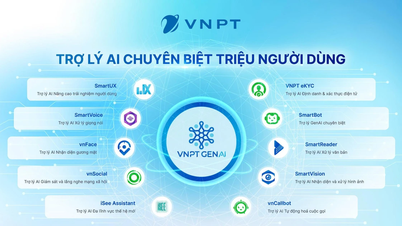




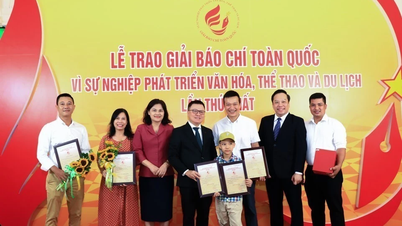









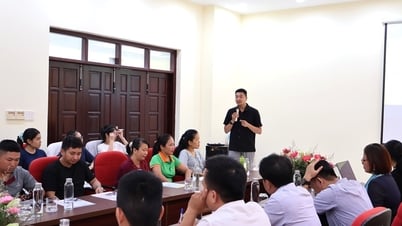












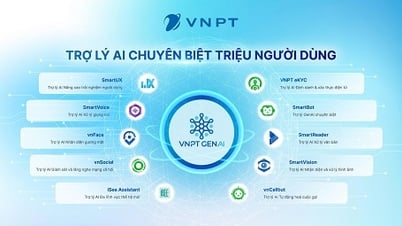

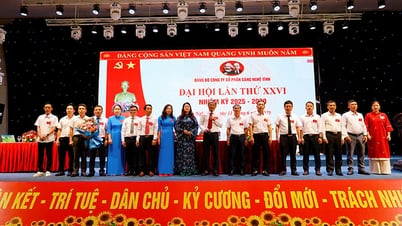
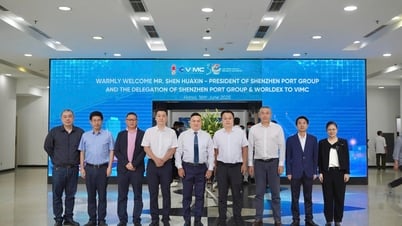



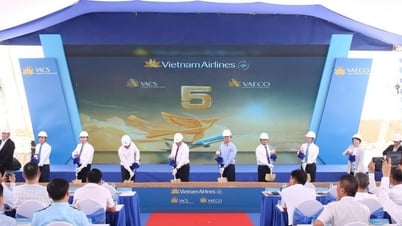





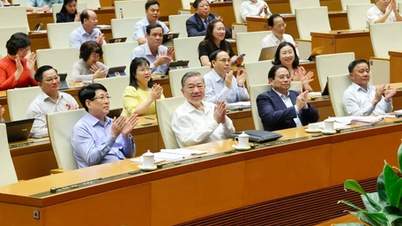
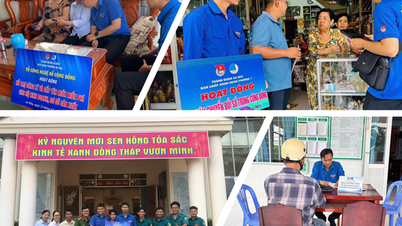

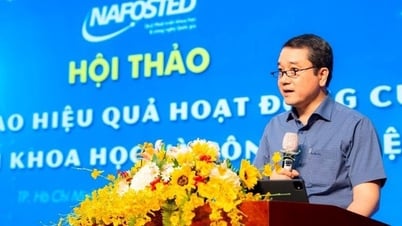









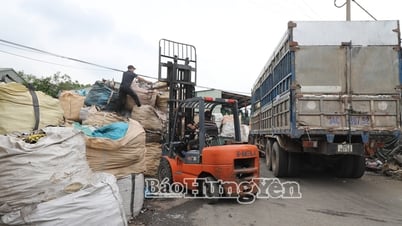



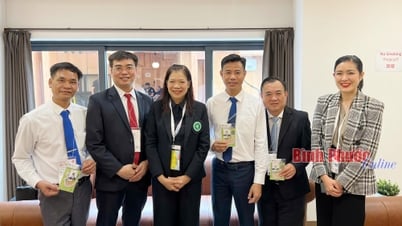

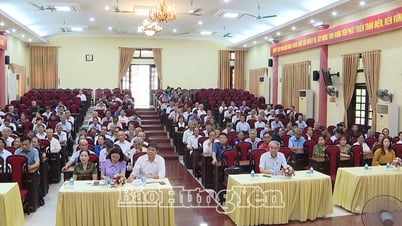














Comment (0)